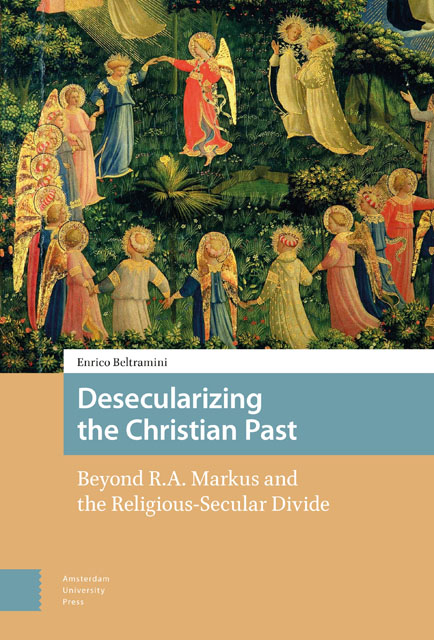Conclusion
Published online by Cambridge University Press: 18 November 2023
Summary
Introduction
In his review of Carole Straw's Gregory the Great: Perfection in Imperfection, Bernard McGinn calls Pope Gregory a “puzzling complexity.” His point is that
[o]f the four Fathers of the Latin church, Gregory the Great, pope from 590–604, is arguably the least appreciated. Traditional histories of doctrine, from Adolph Harnack on, dismiss him (all too easily) as the great simplifier of Augustine. Historians of spirituality, recognizing the immense impact he had on medieval piety, have tried to explain why he was so widely read, so often quoted, and yet so elusive and difficult to present in a synthetic way. The problem with Gregory does not involve the pieces—a host of perceptive studies of particular aspects of his thought exist—but with the sense of the whole.
In McGinn's opinion, the solution to the scholarly problem with Gregory is to offer not a correction of this or that element but of the whole interpretation of the elusive figure who has often been called the first medieval pope, an interpretation that overcomes apparent contradictions and paradoxes. Straw attempts to do exactly this through the notion of perfection in imperfection, that is, the necessary roles that affliction, temptation, and even imperfection and sin play in the spiritual path. My book was born as an attempt to do the same through the notion of the supernatural. Where mainstream commentators have attempted to downplay or explain away the parts of Gregory's writings that speak of the supernatural (demons, miracles, providential events), I wanted to bring them to the fore, believing that it is possible to discern a heavenly dimension to salvation history that others have missed and setting out to tell it. In that reconstruction, the supernatural would become the background that provides the sense of the whole.
Originally intending to write on Gregory the Great's theology of the divine power, I found what I call anti-supernatural thought central to that theme. The project took a different direction, and consequently other topics have been addressed: an ancient and medieval Christian historiography incorporating the supernatural and an application of such historiography into Markus's saeculum. Earlier in this work I made my methodological commitments clear. I first recommended removing the Christian past from the current secular interpretive metanarrative; I then offered a competing metanarrative for an interpretation of the Christian past through the prism of the supernatural.
- Type
- Chapter
- Information
- Desecularizing the Christian PastBeyond R. A. Markus and the Religious-Secular Divide, pp. 211 - 224Publisher: Amsterdam University PressPrint publication year: 2023



